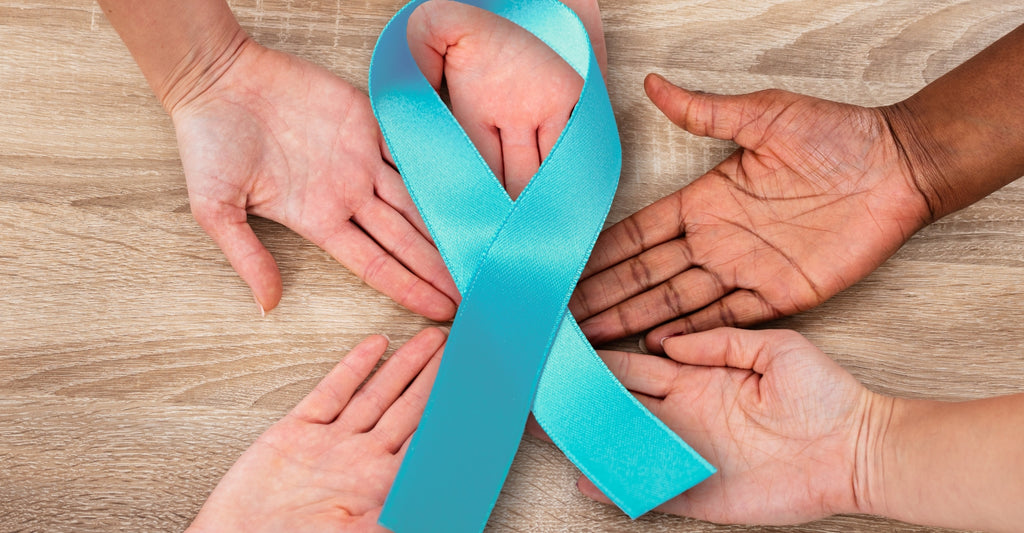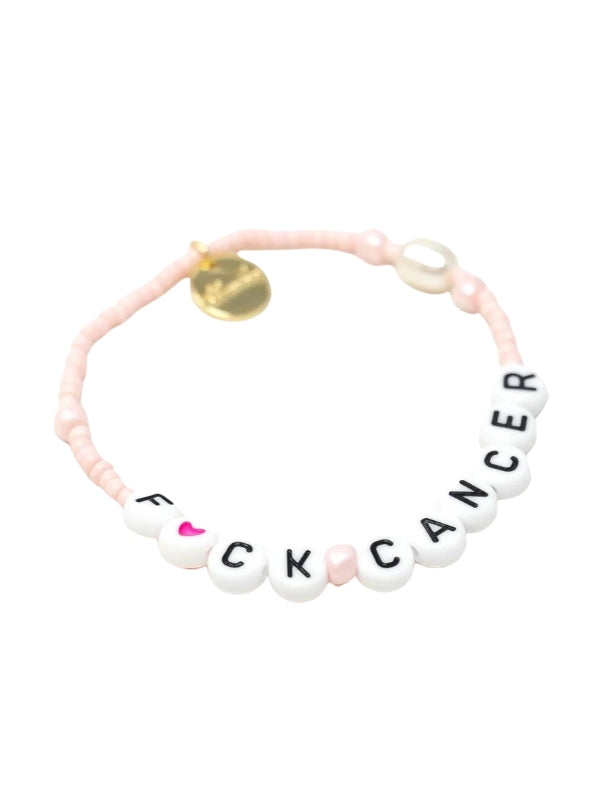
January is National Cervical Cancer Awareness Month

Cervical Cancer: Understanding the Disease and its Symptoms
Cervical cancer is a type of cancer that affects the cells of the cervix, the lower part of the uterus that connects to the vagina. It is a serious and life-threatening condition that affects thousands of women every year. Early detection is key to treating cervical cancer, so it is important to understand the symptoms and risk factors associated with this disease.
Symptoms of Cervical Cancer
Cervical cancer may not cause any noticeable symptoms in its early stages, but as the disease progresses, it can lead to a variety of symptoms, including:
- Abnormal vaginal bleeding
- Pelvic pain or discomfort
- Pain during sex
- Increased vaginal discharge
- Changes in menstrual cycles
- Unusual vaginal discharge or odor
If you experience any of these symptoms, it is important to see a doctor right away. The earlier cervical cancer is detected, the more effectively it can be treated.
Risk Factors for Cervical Cancer
There are several factors that can increase your risk of developing cervical cancer, including:
- Human Papillomavirus (HPV) infection: HPV is the most common cause of cervical cancer and can be transmitted through sexual contact.
- Age: Cervical cancer is more common in women over the age of 30.
- Smoking: Smoking can damage the DNA in your cells and increase your risk of developing cervical cancer.
- Weak immune system: Women with a weakened immune system, such as those living with HIV, are at higher risk for developing cervical cancer.
- Birth control use: Women who use certain types of birth control, such as the pill, for a long period of time may be at increased risk for developing cervical cancer.
Preventing Cervical Cancer
There are several steps you can take to reduce your risk of developing cervical cancer, including:
- Get vaccinated against HPV: The HPV vaccine is effective in preventing certain strains of HPV that are most commonly associated with cervical cancer.
- Practice safe sex: Using barrier methods, such as condoms, can help reduce your risk of contracting HPV.
- Stop smoking: Quitting smoking can reduce your risk of developing cervical cancer and improve your overall health.
- Get regular cervical cancer screenings: Screenings can help detect cervical cancer in its early stages, when it is most treatable.
Supporting Cancer Patients with Chemo Kits
Cancer treatment can be a challenging and difficult experience, both physically and emotionally. Showing support to loved ones going through this process can make a big difference in their journey. Chemo Kits offers a unique and thoughtful way to provide comfort and care for those undergoing chemotherapy.
At Chemo Kits, you can find a range of care packages designed specifically for cancer patients. The chemo kits available include the Original Chemo Kit, Queen Chemo Kit, Chemo King Kit, Pamper Chemo Kit, Thinking of you Chemo Kit, and chemo kits for kids.
By choosing a chemo kit, you can show your support and provide much-needed comfort to someone who is going through a difficult time. These care packages are designed to bring a touch of luxury and relaxation to the chemo experience, making it a little more bearable.
Visit Chemo Kits at www.chemo-kits.com to find the perfect chemo kit for someone you love. Showing your support during this time can have a profound impact and help brighten their day.


















